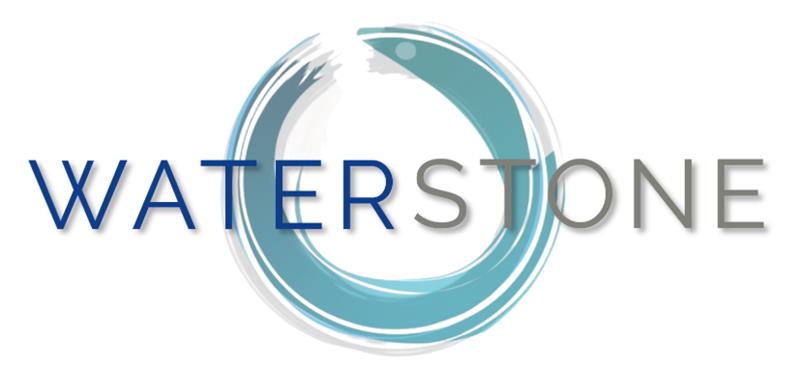Central Sleep Apnea and Opiate Analog Therapy: Why Managing Side Effects Matters
When people search for Suboxone side effects, methadone side effects, or buprenorphine side effects, they often think of nausea, constipation, or withdrawal symptoms. But one of the lesser-known risks linked to all of these medications is central sleep apnea (CSA)—a condition that can seriously affect sleep quality, health, and recovery.
For individuals in treatment for opioid use disorder, managing these side effects is just as important as addressing cravings. Without restful sleep, it’s harder to focus, heal, and stay on track in recovery.
How Opiates Contribute to Central Sleep Apnea
Opiates, whether illicit, prescribed for pain, or taken as part of addiction treatment with methadone, buprenorphine, or Suboxone, can depress the brain’s respiratory centers. Unlike obstructive sleep apnea, where the airway is blocked, central sleep apnea happens when the brain intermittently fails to send signals to breathe.
Research shows that up to one-third of individuals receiving opiate analog treatment test positive for central sleep apnea. This is a significant portion of patients—making awareness, diagnosis, and treatment essential for anyone in recovery using these medications.
During sleep, CSA results in pauses in breathing, oxygen drops, and frequent awakenings—all of which lead to poor-quality rest. Over time, this can impact not only physical health but also emotional stability and the recovery process.
Symptoms to Watch For
Many people assume fatigue is just a normal part of recovery or a typical side effect of Suboxone or methadone. But persistent symptoms may point toward sleep-disordered breathing. Warning signs include:
• Insomnia – repeated awakenings through the night.
• Excess daytime sleepiness – feeling constantly tired or drowsy.
• Brain fog – poor focus, slow thinking, memory difficulties.
• Morning headaches or dry mouth – often tied to irregular breathing.
If left untreated, CSA doesn’t just cause discomfort. It can raise cardiovascular risks, worsen mood issues, and reduce success in long-term addiction recovery.
Treatment Options for Sleep Apnea in Recovery
Fortunately, there are effective ways to identify and manage CSA. Options include:
• Sleep studies to accurately diagnose central sleep apnea.
• Adjustments to buprenorphine, methadone, or Suboxone under medical supervision, when possible.
• Sleep apnea treatments such as CPAP, BiPAP, or adaptive servo-ventilation.
• Lifestyle changes—limiting sedatives, improving sleep hygiene, addressing weight, reducing alcohol.
By combining sleep apnea treatment with ongoing addiction recovery support, patients can feel more energized, focused, and better equipped to heal.
How Waterstone Can Help
At Waterstone, we understand the connection between opiate therapy, side effects, and sleep health. If you’re dealing with insomnia, excessive sleepiness, or brain fog while taking Suboxone, methadone, or buprenorphine, you don’t have to go through it alone.
We offer:
• Sleep testing and treatment for central sleep apnea.
• Counseling and support services for addiction recovery.
• Medication-assisted treatment (MAT) including Suboxone and buprenorphine.
Waterstone provides comprehensive care that addresses not only addiction and recovery, but also the overlooked issues like sleep apnea that can hold patients back.
The Bottom Line
Opiate analog therapy with methadone, Suboxone, or buprenorphine saves lives and supports recovery. But the side effects—including the risk of central sleep apnea—shouldn’t be ignored. With as many as one in three patients affected, this is a common and serious issue.
If you’re struggling with insomnia, daytime sleepiness, or brain fog during recovery, Waterstone Counseling Center can provide the right balance of addiction treatment and sleep apnea care to help you feel well-rested and fully supported in your journey.
Our offices are located in Madison, New London, and Hamden Connecticut. Please contact 203-245-0412 or visit www.waterstonecenter.com for more information.











